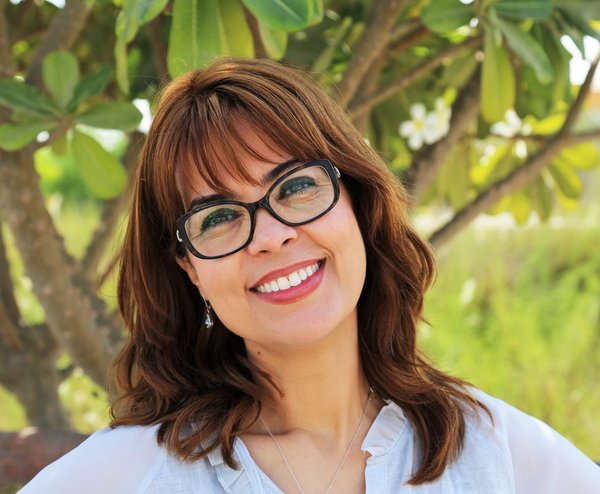- Share this article
- Subscribe to our newsletter
Exploring options for farming in marginal environments
Water scarcity and salinization are putting increasing pressure on global food production. Since the early 1990s, every day, an average of 2,000 hectares of irrigated land has been degraded in arid and semi-arid areas in a total of 75 countries. Around four billion people throughout the world experience severe water scarcity at least one month each year. Saline water resources and other types of non-fresh water can be efficiently used for food production in marginal environments, and in combination with as yet underutilised plant species, especially halophytes, they can help reduce pressure on good water and good land. Ismahane Elouafi, Director General of the International Center for Biosaline Agriculture (ICBA), gave an account of activities her institution engages in to improve agricultural productivity in marginal regions at the Center for Development Research (ZEF) in Bonn/Germany.
Addressing the decline of arable lands
Located in Dubai, ICBA conducts agricultural research relating to climate-smart crops on its 100 hectares of land. It was set up in 1999 with the support of the Islamic Development Bank, (IDB), the Organization of the Petroleum Exporting Countries (OPEC) Fund, the Arab Fund for Economic and Social Development (AFESD) and the Government of the United Arab Emirates (UAE). Elouafi explained in Bonn that the aim of the centre with its staff of 70 employees was to establish itself as a knowledge platform and to enter strategic alliances with partners to address the decline of arable lands. ICBA maintains a gene bank to back climate-resilient crops.
One important food crop that ICBA focuses on is quinoa, a halophyte that grows well in poor soils and is native to the Andes region in South America. ICBA is cooperating with Peru on upscaling quinoa production and has supported its successful introduction in Morocco and other Mediterranean countries. Demand for quinoa is also growing because it is gluten-free. The plant could have a huge potential in Central Asia, where the Aral Sea Basin has been especially hard-hit by salinization. Quinoa is now being grown in Tajikistan and Kyrgyzstan, and also in Uzbekistan, where ICBA is developing an international innovation centre for the Aral Sea Basin in collaboration with the Uzbek government.
Biosaline agriculture and integrated agri-aquaculture systems
Another biosaline agriculture project that ICBA is working on involves Salicornia, a halophyte that can be used as a vegetable and as forage. Furthermore, it is suitable as a biofuel, also for aircraft. Wild varieties are being tested and need to be adapted to local conditions, above all with a view to the Arab Peninsula.
In the UAE, ICBA is running a partnership with a farm concentrating on the development of integrated agri-aquaculture systems for desert environments. Brine from the desalination units on the farm, which combines fishery with livestock keeping as well as vegetable growing, is used for fish farming and subsequently for halophyte cultivation.
Other areas that the centre engages in include agroforestry and drought management. Furthermore, it has been running a programme sponsored by the Arab Bank for Economic Development in Africa (BADEA) on small-scale irrigation. In the programme, launched in 2007, participants from a total of 36 African countries have been trained in areas such as land and water resource management and rehabilitating land affected by salinity. Another project addressing sub-Saharan countries focuses on using solar energy to operate irrigation pumps.
ICBA is also running a capacity development programme for Arab women leaders in cooperation with the IDB. Elouafi stressed in Bonn that the centre was seeking to have a gender component in all its projects.
Mike Gardner, journalist, Bonn/Germany





Add a comment
Be the First to Comment